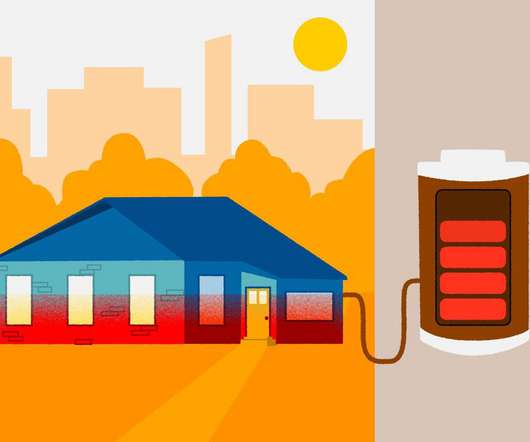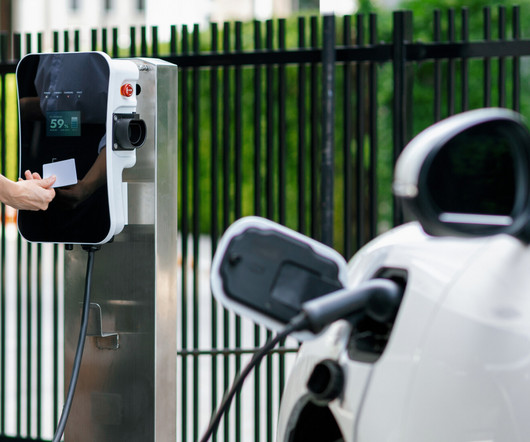Hawaii study finds vehicle-to-grid discharge detrimental to EV batteries
Green Car Congress
MAY 15, 2017
Results of a study by a team at the Hawaii Natural Energy Institute, SOEST, University of Hawaii at Manoa, suggest that the additional cycling to discharge vehicle batteries to the power grid in a vehicle-to-grid (V2G) scenario, even at constant power, is detrimental to EV battery cell performance.









































Let's personalize your content